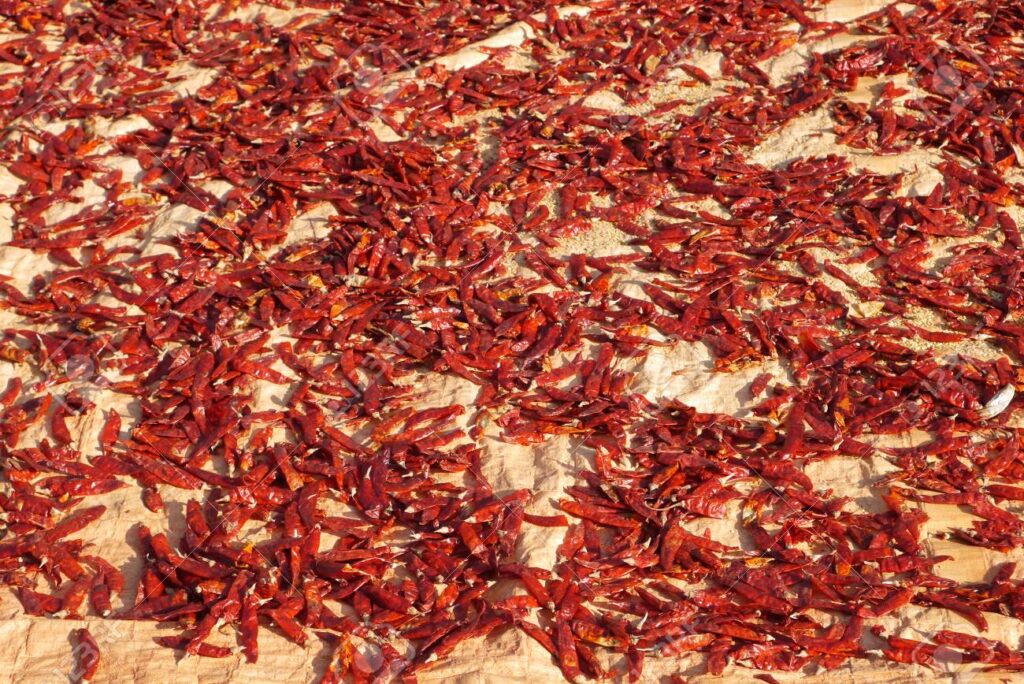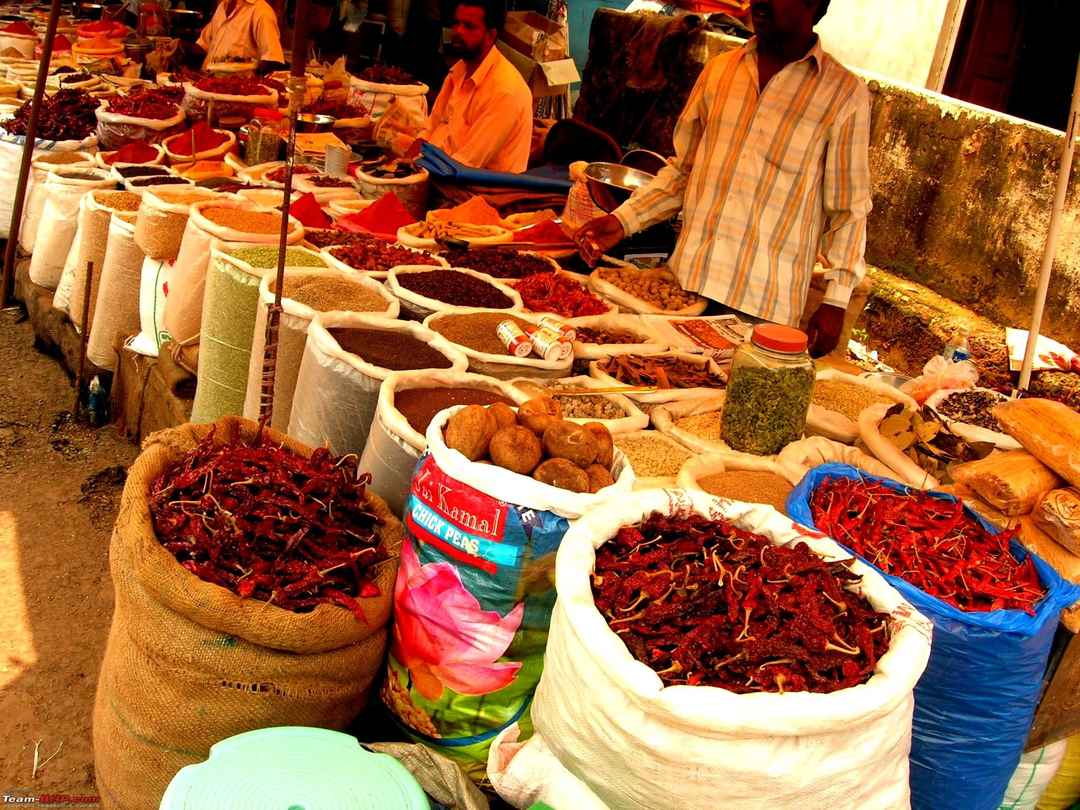
As the monsoon approaches, Goan families gear up for Purumentachem Fest, a tradition rooted in stocking up essentials before the rains. Celebrated across Goa, this festival has long united people from diverse backgrounds in preparation for the challenging monsoon season. However, the growing ease of online shopping and supermarket availability has begun to dull the vibrant spirit of this age-old custom.
Stocking Up: A Cultural Necessity
Traditionally, Goans filled their baskets with dry fish, kokum, spices, local onions, pickles, utensils, and even handmade furniture. With heavy rains and a fishing ban making fresh produce scarce, locals prepared well in advance to ensure their families didn’t go without. Families would travel to bustling markets like Mapusa, Panaji, Margao, Ponda, and Sanvordem to gather everything needed.
The Name Behind the Tradition
Purument derives from the Portuguese word ‘provisao’, meaning provision. The name itself reflects the festival’s practical core: preparing for survival and comfort during the rainy season. More than a shopping ritual, it represented a final celebration before the monsoon’s arrival.
Markets Still Carry the Flame
Despite changing times, many Goans still flock to local markets. Some seek the authenticity and quality that supermarkets and online platforms cannot replicate. Markets continue to offer unique and traditional items like:
- The Budkulo, a clay pot used to boil rice
- The Adoli, a coconut grater attached to a wooden stool
- Traditional Goan sausages, local onions, rock salt, kokum, dry chilies, and more
These items, both functional and cultural, make the Purument experience deeply rooted in Goan identity.
Voices from the Market
Matilda Fernandes, a vendor at Mapusa market, continues to sell dry fish and kokum. She observed a noticeable decline in footfall this year, though the demand for dry fish remains steady. “People still come for kokum and to make pickles,” she says. “They know the value of quality.”
Balbina Gonsalves, who sells homemade Goan sausages, reports that while general market traffic has decreased, her home-based sales remain strong. “People may shop online, but when it comes to sausages, they trust tradition,” she adds proudly.
At Panjim market, Sunita Salgaonkar, who sells local onions, notes that demand started slow this year. “People usually buy by late April, but they’re late now,” she says. She’s confident shoppers will return soon, especially as they realize supermarkets lack genuine local onions, kokum, and Goan chilies.
Bappa, a vendor of dry chilies, dry fish, and rock salt, shares similar thoughts. “By early May, people start stocking up. This year’s slow, but I believe those who understand the tradition will return,” he affirms.
Tradition vs Convenience
Goa’s markets now compete with the click-and-buy convenience of online platforms. Vendors acknowledge this shift and adapt where they can. But they also emphasize the cultural value of buying from traditional markets — a ritual that extends beyond necessity into memory, community, and heritage.
Conclusion
Purumentachem Fest remains more than a market event — it is a symbol of resilience, preparation, and identity. While convenience threatens its vibrancy, the tradition persists. Families who still walk through Goa’s colorful markets show that the heart of Purument lives on. Their actions not only support local vendors but also protect a cultural legacy rooted in flavor, utility, and belonging.


